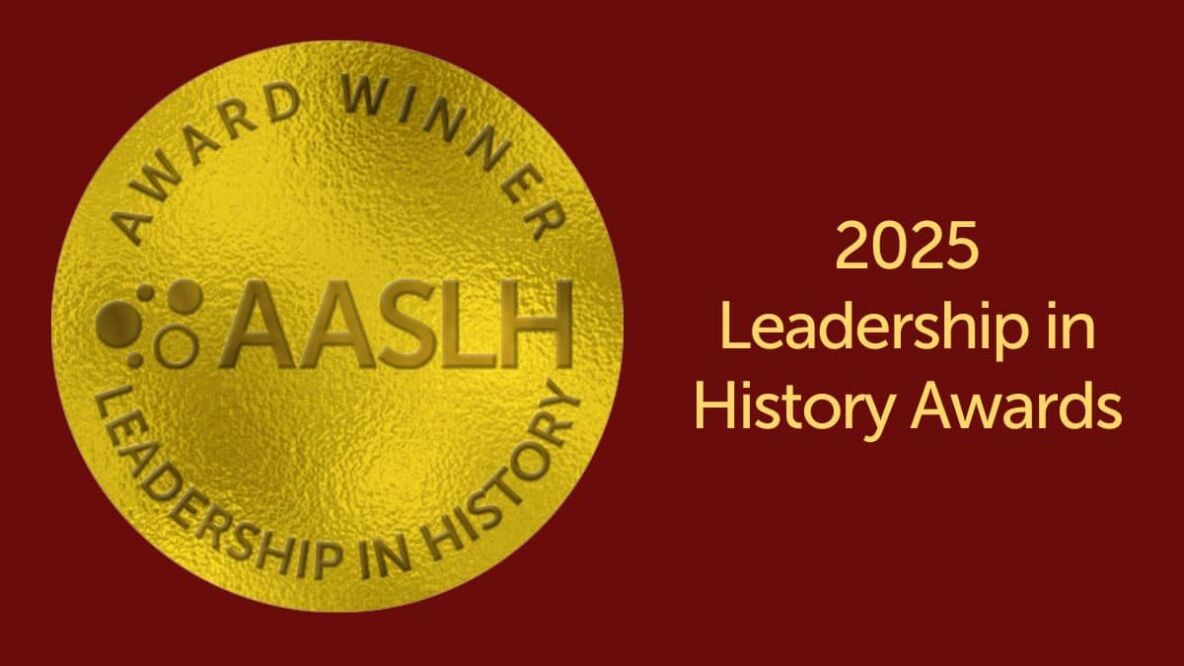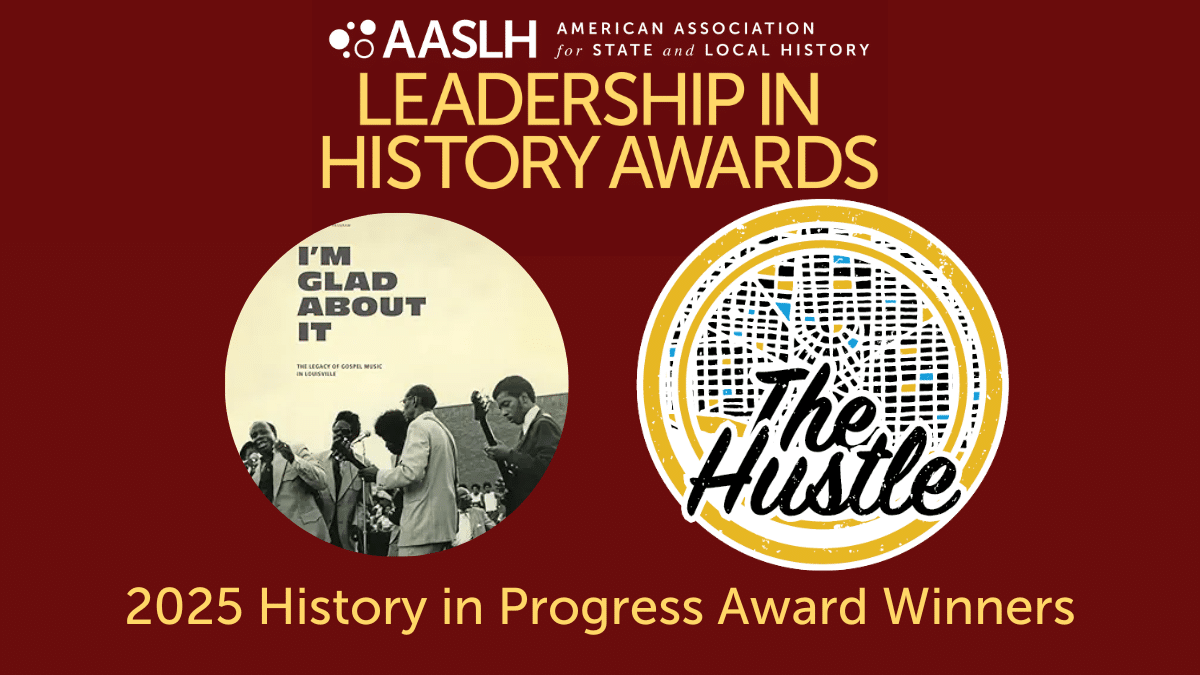British fur traders, officers, and soldiers occupied Fort Michilimackinac in 1761, a year after the conquest of Canada. While French soldiers departed, most of the fur-trade society at the fort remained in place, including French-Canadian, Métis residents, and the neighboring bands of Odawa and Ojibwe Indians who had long and deep connections within the community. The British regime injected a new and uncomfortable layer of authority that disrupted the relative harmony that existed among the French and local Native people. Rising tensions, fueled by a broader Indian rejection of British authority in North America known as “Pontiac’s War,” exploded in violence at Michilimackinac on June 2, 1763.
The publication, Beyond Pontiac’s Shadow: Michilimackinac and the Anglo-Indian War of 1763 examines the initial British occupation of Fort Michilimackinac and reveals the complex and dramatic interplay of the diverse populations that inhabited the community. The author brings decades of research and knowledge to the task of sorting out and telling this complex story that is set at the Straits of Mackinac, but has had a wider impact on the entire Great Lakes region, including Canada.
This project began during the author’s 28- year career with Mackinac State Historic Parks as a research historian and supervisor of interpretive programs at Colonial Michilimackinac. Much of the primary source material he used came from the Mackinac State Historic Parks’ library and archive, an institution he helped establish. Mackinac State Historic Parks supported the publication of this work by providing research assistance, illustrations, and review comments.
Beyond Pontiac has unearthed information that benefits the public programs at Mackinac State Historic Parks. In particular, the publication and its research formed the intellectual basis of a new audio-visual program “Attack! At Michilimackinac.” Beyond Pontiac is an example of scholarly research that can also serve as a model of how history museums can support such research and how that research can, in turn, successfully inform interpretive and education programs for the public.
Recipient
field_52247df8cf362
Award Details
field_52247df8ef76a
Online Details
field_52247df90c76e
Contact Details
field_52247df916ae8



